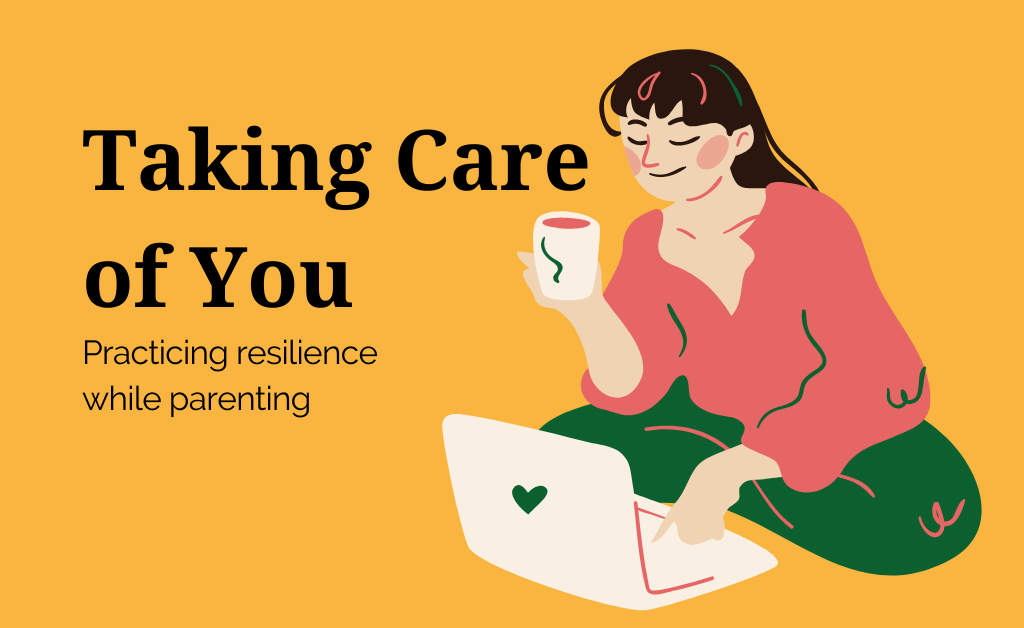Parenting is a rewarding yet challenging journey that often brings moments of overwhelming stress. For many, balancing responsibilities while managing parental stress becomes a daily struggle. Understanding effective stress management techniques for parents can help relieve tension, improve mental well-being, and positively impact child development. From identifying the types of parenting stress to learning how to relieve stress quickly during high-pressure moments, these tools provide vital support for caregivers. Whether you’re new to parenthood or have years of experience, developing fosters a nurturing environment for your family.
What is Parental Stress?
Parental stress refers to the anxiety and pressure parents feel due to the responsibilities and challenges of raising children. It can stem from factors like balancing work and family, meeting children’s needs, and handling financial demands. Identifying these sources can help parents better understand and address their stress.

Types of Parental Stress:
Recognizing the different types of stress can help in managing each one effectively. Here are common categories:
- Emotional Stress: This includes feelings of guilt, worry, or frustration.
- Physical Stress: Often results from lack of sleep, fatigue, and physical demands.
- Financial Stress: Concerns about providing for family needs can be a major source of stress.
- Social Stress: Balancing parenting with personal relationships or social expectations can also be stressful.
Understanding the Parental Stress Index:
The Parent Stress Index is a helpful tool for assessing stress levels and identifying areas where parents may need support, including aspects related to mental health. This scale allows parents to measure their stress and gain insights into what might be contributing to high-stress levels, whether emotional, financial, or physical. Using this index can be an essential step toward implementing targeted stress management techniques that support both mental well-being and effective parenting.

Effects of Parental Stress on Child Development:
High levels of parental stress can have significant effects on children’s development. Studies show that stress can lead to increased anxiety and behavioral challenges in children, as well as impact their emotional growth. Managing stress effectively not only benefits parents but also fosters a nurturing and secure environment for children.
Top Stress Management Techniques for Parents:
Finding techniques that work for you can make a big difference in managing stress. Here are 10 essential stress management techniques for parents:
1. Set Realistic Expectations:
Parents often feel pressured to meet high expectations, both self-imposed and from society. Set realistic goals and remember that no parent is perfect. Accepting imperfections can help reduce stress and foster a healthier mindset.
2. Practice Deep Breathing Exercises:
Deep breathing exercises are quick and effective for reducing stress. When you’re feeling overwhelmed, take a few deep breaths to help calm your mind and refocus. Incorporating breathing exercises into your daily routine can make a significant difference over time.
3. Use the Parental Stress Scale:
The Parental Stress Scale is another useful tool for identifying stress levels and sources. It provides insight into areas that may need attention, helping parents to address specific stressors with targeted solutions.
4. Prioritize Self-Care:
Self-care is crucial for stress management. Taking even a few minutes daily to do something for yourself can improve your overall well-being. Simple activities like reading, meditating, or taking a short walk can help recharge your mind and body.
5. Establish a Consistent Routine:
Creating a consistent daily routine can help reduce stress for both parents and children. When everyone knows what to expect, it can minimize tension and create a sense of stability in the household.
6. Connect with Other Parents:
Talking with other parents can be a great way to relieve stress. Whether online or in person, joining a support group provides a space to share experiences, seek advice, and build a supportive network of people who understand the challenges of parenting.
7. Practice Mindful Techniques for Quick Stress Relief:
In stressful moments, practicing mindfulness can provide quick relief. Try grounding exercises, where you focus on things you can see, hear, and feel to bring your attention back to the present moment. This can be especially useful during high-stress times.
8. Take Short Breaks Throughout the Day:
Small breaks can make a big difference. Stepping away for just a few minutes can help clear your mind and lower stress levels. Breaks are especially helpful when feeling overwhelmed by parenting duties.
9. Physical Activity as a Stress Reliever:
Physical activity is an excellent way to relieve stress. Simple activities, like going for a walk, doing yoga, or stretching, can boost your mood and help you manage stress more effectively.
10. Seek Professional Support if Needed:
If parental stress becomes overwhelming, it’s okay to seek professional help. A counselor or therapist can provide strategies and support, and joining a parenting support group can also be beneficial. These groups offer a community of shared experiences, helping you develop healthy ways to manage stress with the guidance and understanding of others in similar situations.
How to Relieve Stress Quickly for Parents:
Sometimes, immediate stress relief is necessary. Here are some quick techniques:
- Deep Breathing: Focusing on your breathing can calm you down quickly.
- Progressive Muscle Relaxation: This involves tensing and then relaxing each muscle group.
- Mindful Grounding: Identify things around you to bring your focus back to the present.
Stress and Parenting: Building Resilience
Resilience in parenting means handling stress with a flexible mindset and the ability to adapt, especially during challenging times such as managing postpartum depression. Building resilience involves prioritizing your mental health to support your children effectively. Small adjustments in daily routines, self-care practices, and open communication can significantly reduce stress levels over time, helping you stay balanced and present for your family.

Conclusion:
Managing stress as a parent is crucial for both personal well-being and family harmony. By incorporating these stress management techniques for parents, you can build resilience, reduce parental stress, and create a more positive environment for your children. Whether it’s understanding the parent stress index or quickly implementing ways to relieve stress during tough moments, taking proactive steps can make a significant difference. Remember, every parent experiences parenting stress differently, but with the right tools, you can support your family while prioritizing your mental health. Use these strategies to help maintain balance and foster a happy, healthy home.
FAQS:
How to help parents manage stress?
Parents can manage stress by setting realistic expectations, practicing self-care, seeking social support, and using stress-relief techniques like deep breathing. Encouraging breaks and positive thinking can also help them stay balanced.
What are the five stress management techniques?
Five effective stress management techniques include deep breathing exercises, regular physical activity, mindfulness practices, setting healthy boundaries, and seeking social support. These methods can help parents reduce tension and maintain a positive mindset.
What are the 4 A’s of stress management?
The 4 A’s of stress management are Avoid, Alter, Adapt, and Accept. They guide individuals in managing stress by making proactive changes, adapting to situations, and accepting what can’t be changed.
How do you overcome stress as a parent?
Overcoming stress as a parent involves taking small breaks, prioritizing self-care, reaching out to supportive friends or family, and practicing relaxation techniques. Setting realistic goals and letting go of perfectionism can also reduce stress.
External Resources:
American Psychological Association (APA) – Parenting and Stress
The APA provides insights into how stress affects parents and practical tips to manage it effectively.
https://www.apa.org/topics/parenting
Mayo Clinic – Stress Management
Offers a range of stress management strategies, including relaxation techniques that can be helpful for parents.
https://www.mayoclinic.org/healthy-lifestyle/stress-management

Empowering parents to raise happy, confident kids. Get practical parenting tips and advice on our blog, Smart Parent Guides.
